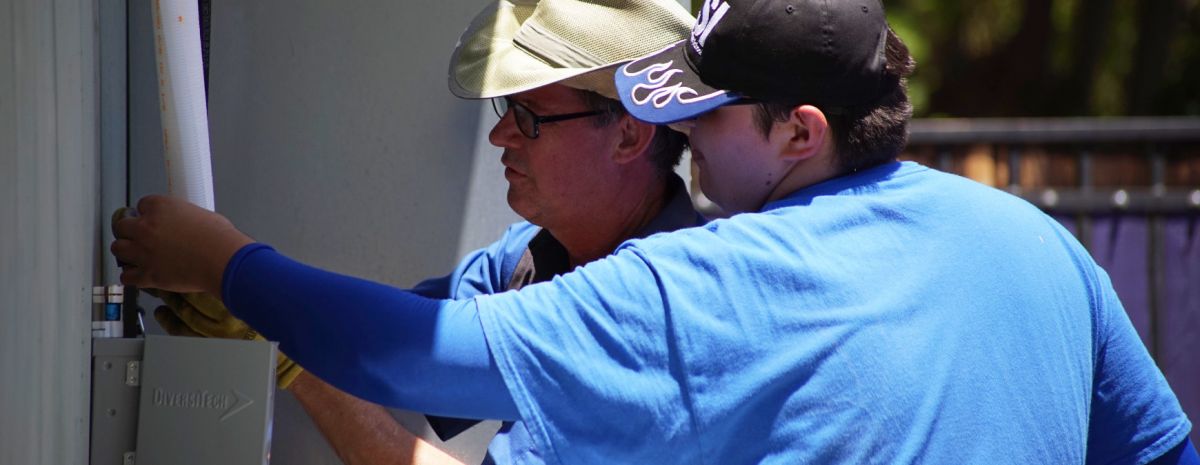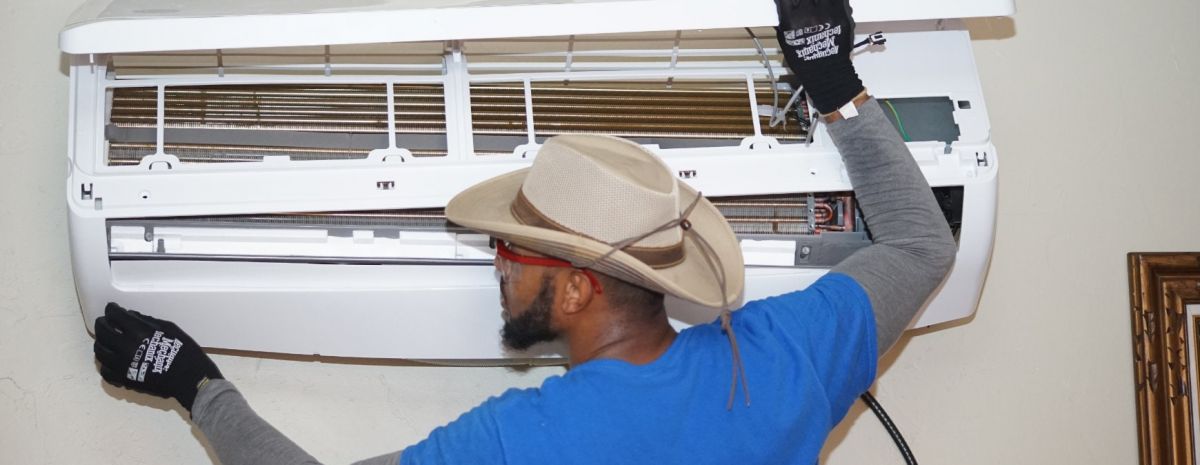
Hands-on training can be important for people who learn best by doing, rather than sitting in a classroom listening to lectures or reading books. It’s widely recognized that different learning styles exist, and some are more suited for certain individuals than others. Employing the right style for you may improve the quality and speed of your learning.1
Continue reading for more about what hands-on training is and the benefits of this learning style.
What Is Hands-On Training?
Hands-on training is a way of teaching people by letting them actively apply their knowledge in real-world situations. In other words, learning by doing.
It differs from classroom instruction where you typically listen to lectures and look at images or videos in that you undertake physical tasks with your hands to learn a new skill.2
Ultimately, it is the hands-on training that can help the classroom learning “stick” with you and allow you to put theory into practice.3
Get Started on the Path to a New Career
Fill out our form to learn how we can help you change your life.
Perhaps this is one reason why hands-on training is typically the preferred method employed at vocational schools.4 It’s hard to imagine someone learning to install electrical wiring in a home through only lectures and books, right? That’s why electrician training programs and those for other skilled trades rely heavily on hands-on instruction.
What Are the Advantages of Hands-On Training?

There are many benefits to hands-on training. It can help students who struggle with conventional classroom learning or whose high school days are long gone to realize that they, too, can master a new skill.1
Let’s take a closer look at what hands-on training can offer:
1. Boosts Engagement and Retention
Given that practical training can be more interactive and ask students to participate, the learning experience can be quite engaging.
In a learning environment that emphasizes hands-on training, students typically interact with each other and their instructor. You might be asked to test electrical circuits using electrical test equipment or to replace defective components with the correct tools.
Increased engagement improves attention and focus, and engaged learners are often able to absorb new information better.5
The combination of classroom instruction and hands-on training can dramatically strengthen retention. When looking at retention rates, researchers found that learners only retain 5% of the material presented through lecture but 75% when taught via hands-on participation.3
2. Combines Theory and Practice
Even if you are the most studious learner, sitting in a classroom reading a textbook or listening to a lecture can only impart so much knowledge about a primarily hands-on profession. Practical training can complete and enhance the learning process.5
Students may be eager to apply their newly acquired knowledge to real-life scenarios.5
3. Improves Critical Thinking
During hands-on training sessions, students usually have to make decisions on what to do next to achieve their desired outcome. They must put their critical thinking skills to the test and can’t just simply rely on rote memorization.3
In a safe environment, they’re able to hone their problem-solving skills. This can be especially important for students training for professions that rely on tools or equipment that can be risky to use.3
4. Promotes Student Success and Empowerment
Practical training can create a safe environment because everybody can gain new knowledge together and learn from each other’s mistakes. Seeing how you are not the only one who might be struggling to process new information or has to hear the same lesson twice can be reassuring—you and your classmates are there to learn after all.
Successfully solving a problem or troubleshooting equipment—even when it takes some trial and error to get there—can be immensely satisfying. Demonstrating your knowledge and skills in front of your classmates and instructor can also give you an incredible sense of accomplishment.5
Where Can I Obtain Hands-On Training?
Our vocational training programs at RSI include a significant amount of hands-on training. Whether you
want to become an HVAC technician, electrician or welder, you could get ample opportunity to employ your theoretical knowledge before you graduate and start your first job.
RSI’s instructors are experienced industry professionals who can guide you and answer any questions you have throughout your training. We promote a student-centric learning environment that supports those who want to pursue a career in the skilled trades.
For more information on our hands-on training programs, give us a call at (888) 671-5803.
Additional Sources
1https://www.learning-styles-online.com/overview/
2https://www.merriam-webster.com/dictionary/hands-on
3https://www.attune.com/insights/blog/posts/2017/november/7-benefits-of-incorporating-hands-on-learning-into-your-classroom-training/
4https://www.bls.gov/careeroutlook/2015/article/career-planning-for-high-schoolers.htm
5https://yourbusiness.azcentral.com/benefits-handson-training-1121.html
This blog has been labeled as archived as it may no longer contain the most up-to-date data. For a list of all current blog posts, please visit our blog homepage at https://www.rsi.edu/blog/

